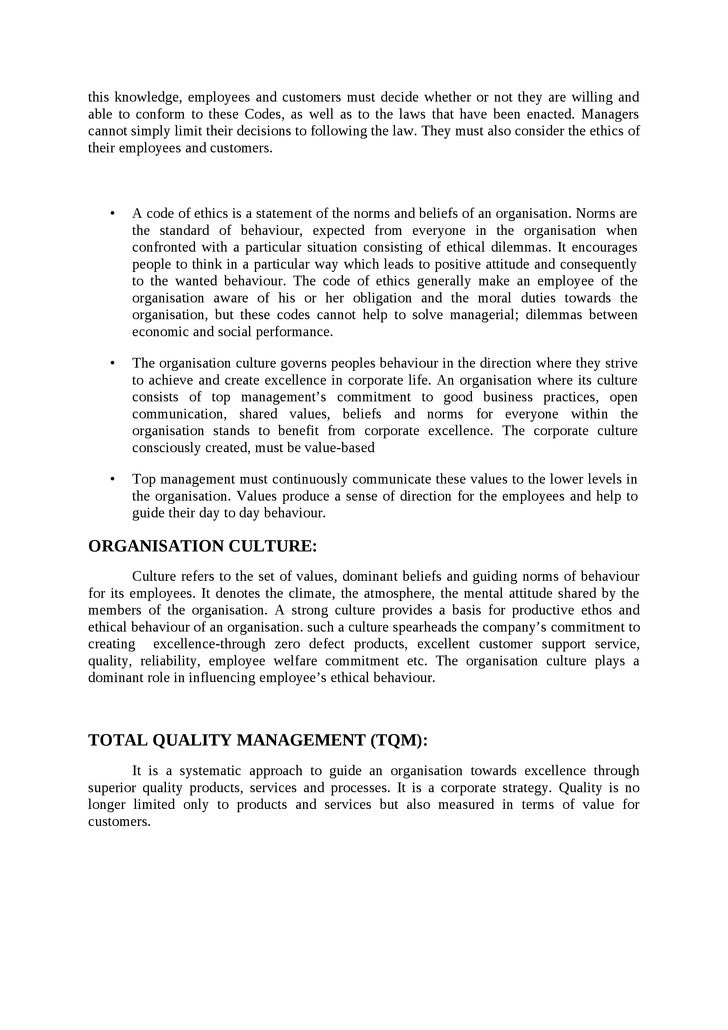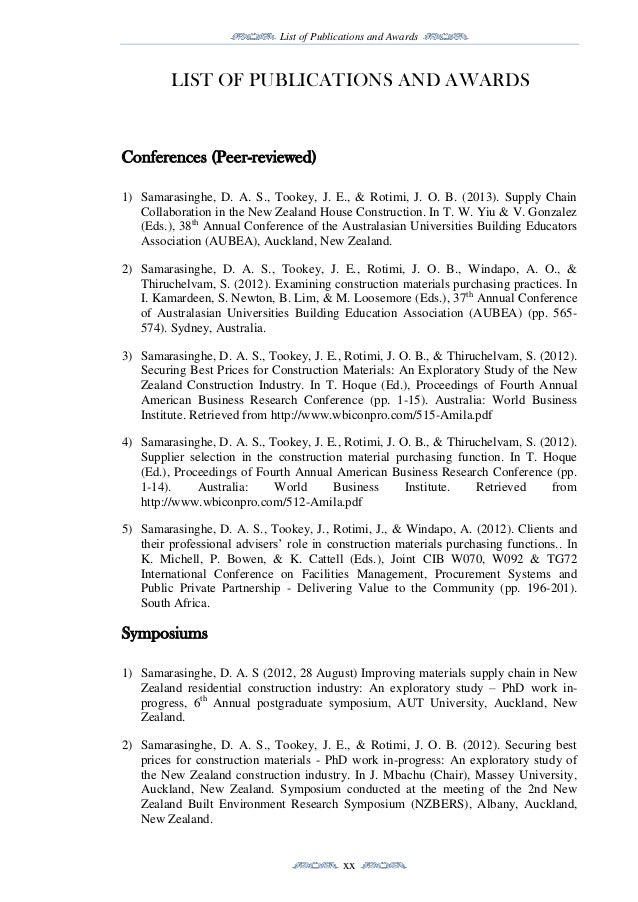Building Ethics In Construction Partnerships Pdf
4 – Build, operate and maintain to deliver controlled performance. Environment and sustainable construction. High-performance projects for a better quality of life. 5 – Establish a trusting relationship with customers. 6 – Commit to ethics and compliance with regard to our customers and partners. Sustainable construction supply chain delivers tangible benefits to the triple bottom line (TBL) that is (1) Economic Growth (2) Environmental Sustainability and (3) Ethical/Social Performance [10]. According to UNEP [11] sustainable building and construction should have the following characteristics.
Most business leaders hesitate to take a firm stand against corruption, even in environments where it is widespread. Some may see benefits from indulging in corrupt practices such as faster processing of permits or less interference from governmental officials. At the same time, the perceived costs of corruption are low, due to poorly formulated anti-corruption laws and ineffective enforcement, which leads to a very low likelihood of prosecution and punishment. As a result, as much as they may detest corruption, most business leaders end up succumbing to it. Indeed, many see themselves as victims of the endemic corruption rather than as its perpetrators – “Everyone else is doing it,” they may tell themselves, “So we have to do it too.”
Ethics In Construction Industry
This does not have to be the case, and in fact, it should not be the case. Our research in Egypt, Zimbabwe, and India shows that organizations should view the prospect of building a strong ethical reputation in such environments as an opportunity, and consider the costs of resisting corruption as an investment in building such a reputation. Moreover, our research illuminates specific steps companies can take to maintain high ethical standards in environments where corruption seems widespread. We also find that these steps are most effective in countries with a free and plural press, an independent judiciary, and a potential for collective action (such as a community that can be appealed to or organized, such as a religious community, a civic organization, or a trade association). When these conditions are in place, it will be easier for an organization to take a firm stance against corruption, especially political corruption.
Ethics Can Be a Differentiator
Ethical behavior is in scarce supply in corrupt business environments such as Zimbabwe, Egypt and India, relative to highly ethical ones. Therefore, stakeholders — such as customers or investors — place a higher value on ethical behavior in corrupt environments. Moreover, ethical behavior is more noticeable in corrupt environments than it would be in ethical ones; it is easier for an ethical company to stand out in a corrupt environment.
Finally, organizations typically underestimate the latent support for ethical behavior in corrupt environments. They should realize that stakeholders’ silence on endemic corruption does not mean that they are satisfied with the status quo. An organization showing ethical leadership can galvanize ethically sensitive stakeholders into supporting it in its endeavor to fight corruption, which can lead to reputational benefits for the organization.
Resisting Corruption in Corrupt Environments

How should firms go about resisting corruption? First, they need to frame their ethical behavior in a way that resonates with as wide a network of stakeholders as possible. Importantly, we find that it is crucial for organizations to reach beyond the immediate family and friends networks of their company leaders for support. For example, Strive Masiyiwa was able to elicit significant support from the large Christian community in Zimbabwe by framing his commitment to ethics as emanating from his religious beliefs. India’s Infosys repeatedly invoked its “middle class values” to position itself as an ethical organization, which resonated with the young university-educated workforce that it was trying to attract. Ibrahim Abouleish, founder of Sekem in Egypt, found that appealing to a larger goal such as nation-building or leaving a better country for the next generation was effective in justifying his commitment to ethics.
Second, entrepreneurs and managers need to understand that there are gradations of corruption. Often, business leaders of private firms mistakenly assume that all governmental officers in corrupt environments are irremediably corrupt. At other times, the initiators of the corrupt transaction are the private firms themselves; they resort to bribery to incentivize the governmental official to accelerate the approval process or to turn a blind eye to violations of regulatory norms.
Business leaders should instead understand that corruption exists along a continuum. For example, the head of the governmental relations department of Alacrity Housing in India told us that in his fourteen years on the job, 40-50% of the governmental officers he had interacted with had directly or indirectly made it known to him that they were expecting a bribe. While that might sound like a lot, what it shows us is that between 50 and 60% of the governmental officers did not expect bribes — even in the construction industry, which is known for its high corruption due to the multiple governmental departments that need to provide permits and approvals, and in a country where corruption is quite widespread. In any country, there will be governmental officers who perform their duty without asking for bribes or accepting them if offered; others who would not ask for a bribe but will not refuse one either; a third group who ask for bribes but can be persuaded not to insist; and a fourth group that don’t budge until their demands are met. Business leaders should not assume every government official they meet is in this fourth group.
Third, organizations need to acquire a fine-grained understanding of their stakeholders. We classify them into four categories based on their likely response to an organization’s ethical behavior. These four categories cut across the traditional stakeholder groupings of customers, suppliers, employees, investors, regulators, and evaluators, who business leaders tend to segment according to their business operations. Instead, we think ethical companies should segment stakeholders this way:
- indifferent stakeholders, who are only interested in whether the organization can satisfy their expectations as a supplier, customer, employee, or investor, and who are indifferent to the means that the organization uses to achieve this;
- pragmatic stakeholders, who find some tangible value in the ethical behavior of the organization;
- absentee stakeholders, who in the absence of ethical behavior would not participate in the market because of the very high uncertainty caused by the corruption; and
- ethical stakeholders, who will support an ethical organization even at a cost to themselves.
Organizations need to prioritize the pragmatic, absentee and ethical stakeholders. As for the indifferent stakeholders, the organization should accept that many of them will probably defect to a company that isn’t fussy about the means they use to achieve their ends; ethical firms in corrupt environments actually create more uncertainty for these stakeholders, who may worry about whether the firm can actually deliver. But our research suggests that when a firm shows ethical leadership, many of the stakeholders who were seemingly indifferent convert to pragmatic and ethical stakeholders. Others who had stayed away from the market (absentee) emerge.

Fourth, ethical organizations need to strategically build partnerships with high-status individuals and organizations, so that their ethical reputations can diffuse as widely as possible. This tactic, referred to as “reputation borrowing,” has been used by startups to build their prominence among a wide group of stakeholders at an early stage in their business cycle when they have limited reputation. In extreme cases, organizations seeking to operate ethically will need to resort to judicial action to further their fight against corruption and work with other like-minded groups to support their cause.